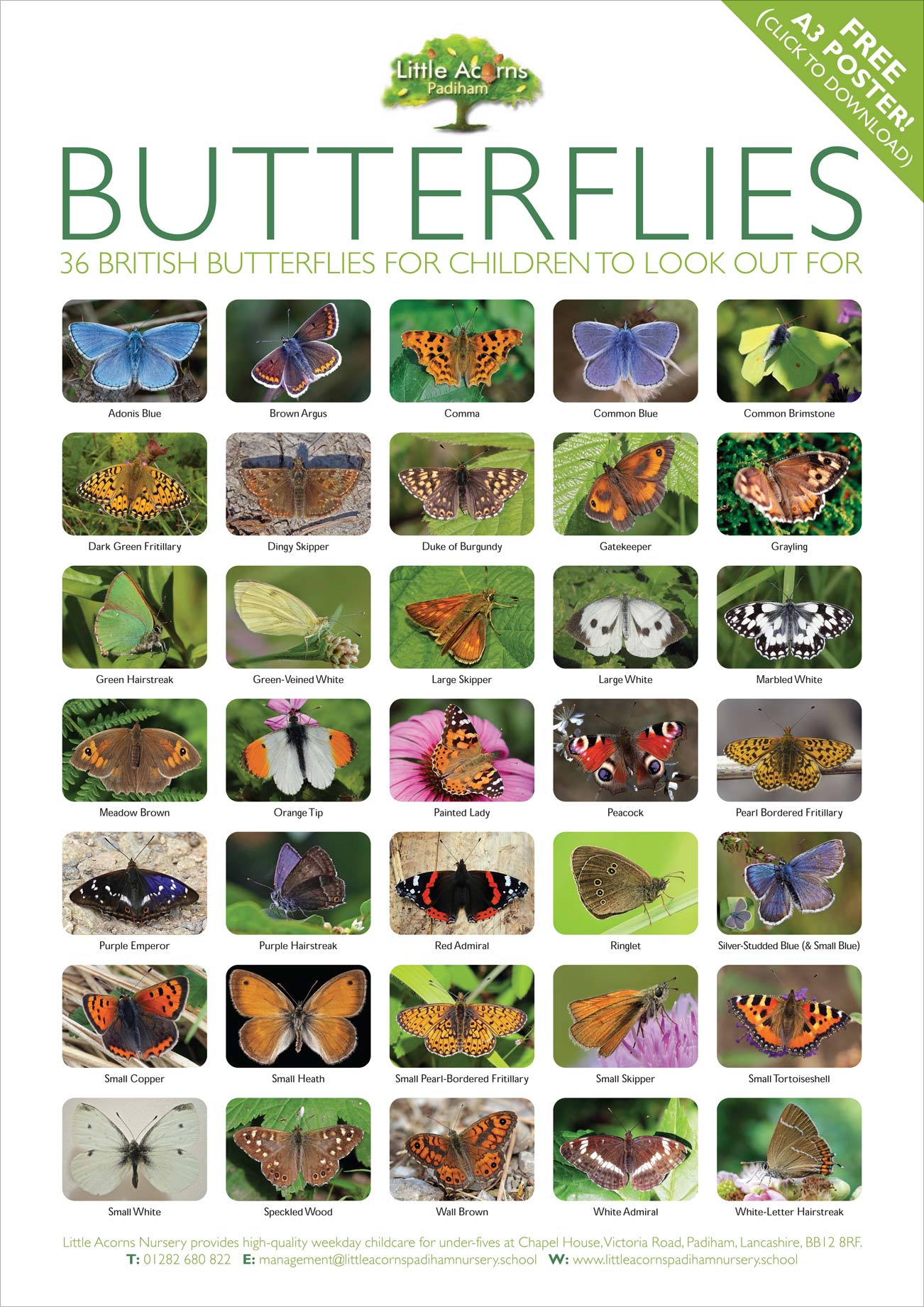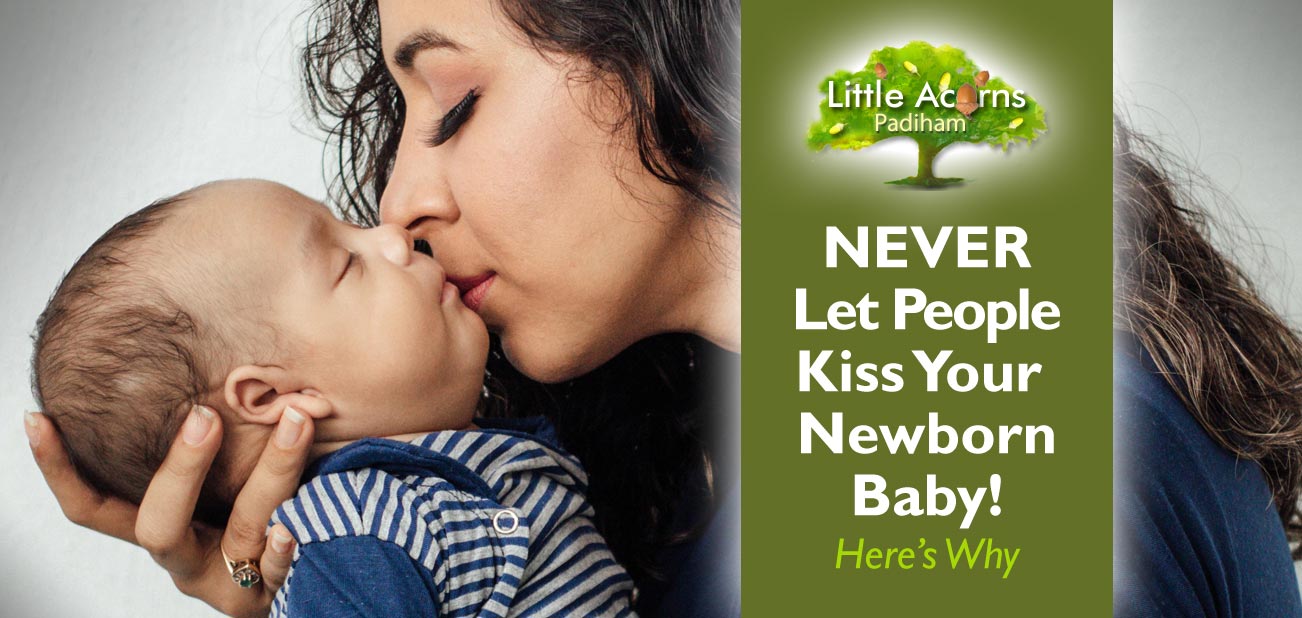
Did you know that kisses can potentially kill young babies in some circumstances? Sadly, many new parents are simply unaware of the dangers that such a loving and innocent act can potentially have on the well-being of their infant. It’s due to the immaturity of a newborn baby’s immune system and how that puts them at risk of contracting potentially catastrophic infections. These are infections that would usually cause only mild symptoms in older children and adults, but may cause potentially devastating harm to infants. One particular worry for newborns and those in the first few weeks of life comes from being kissed by a friend or relative who has a specific virus. Worryingly, it’s a virus which most adults carry. What’s more, many adults do not even realise they carry the virus. However, if a newborn baby catches it, it can be deadly. Today, we explain more about the risks associated with kissing babies and why it’s best not to let friends and relatives kiss a recently-born infant.
“The younger the baby, the more vulnerable they are to the harmful effects of infection.” — NHS.
Why are Young Babies So Vulnerable?
Kisses are dangerous to young babies because their immune systems are still immature and, during the first 4 months of life, something called the Blood-Brain Barrier (‘BBB’) is not yet fully optimised. This, in particular, leaves the baby’s brain vulnerable. The BBB is a semi-permeable membrane that serves several purposes. These include allowing oxygen and nutrients into the brain whilst also protecting it from harmful things like microbes, viruses, diseases, impurities, and toxic substances. During infancy, the Blood-Brain Barrier has simply not fully developed and ‘tightened’ enough to keep out all those harmful things, leaving the baby’s brain potentially exposed to them. That’s why babies are at greater risk of severe harm during their first few weeks and months — a time that’s also incredibly important for their developing brain.
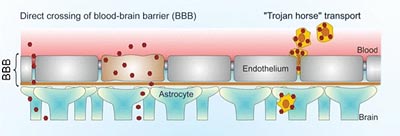
Image (cropped detail) by Giovanna De Chiara, Maria Elena Marcocci, Rossella Sgarbanti, Livia Civitelli, Cristian Ripoli, Roberto Piacentini, Enrico Garaci, Claudio Grassi, Anna Teresa Palamara – CC BY 2.5
When Are Babies Most Susceptible to the Dangers Associated With Being Kissed?
Babies and young infants are most susceptible to the dangers associated with being kissed when they are in the first few weeks of life. The dangers of an infection reaching the brain and causing potentially catastrophic harm are at their worst during a baby’s first 4 months.
Why are Kisses So Potentially Harmful to Young Babies?
Kisses from friends, relatives, and even parents are potentially harmful to young infants because the immature Blood-Brain Barrier may allow an infection to pass to the baby and develop in the infant’s brain. Such an infection could lead to swelling, inflammation, and irreversible damage to the brain itself. Such afflictions are serious and can cause seizures, epilepsy, unconsciousness, strokes and even death.
“A baby is most at risk of getting a herpes infection in the first 4 weeks after birth.” — NHS.
One of the most worrisome infections that could be passed to an infant baby is the Neonatal Herpes Simplex Virus (HSV), also known as Neonatal Herpes and Neonatal HSV. This can be passed on to babies, via a simple kiss to the head, by a person who carries the herpes simplex virus. Perhaps surprisingly, it’s a very common virus that a person may not even know they have. Indeed, most adults carry the HSV-1 variant, usually associated with cold sores. Others carry the HSV-2 variant, which causes genital herpes. Blistering cold sores are a particular risk as they are a clear indication of an active and highly contagious infection — and one that can be easily passed to an infant via a touch or kiss, especially if given to the baby’s head.
“70% of the UK population carry one or two forms of this virus, but many of those people have no idea they are carriers as they have no symptoms at all.” — The Kit Tarka Foundation.
Precautions to Help Protect Your Baby
There are several precautions that parents and carers can take to protect babies from infections while they’re especially young and vulnerable. These include the following:
- Explaining the risks to friends and family and…
- Asking them (and anyone else) to avoid kissing your baby, especially on the head and face.
- Parents should also avoid kissing young babies when the adult is unwell, has recently been unwell, or has had a recent infection.
- Ensure people’s hands are washed thoroughly with soap before touching young babies.
- Active cold sores and lesions associated with the herpes virus should always be covered when a baby is close by. That also applies to breastfeeding mothers who should cover active lesions, including any on the breasts.
The Lullaby Trust suggests that people follow the THANKS approach, which is an acronym for Think Hands And No KisseS.
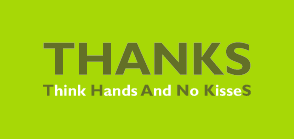
Overcome Awkwardness!
Ask Friends & Relatives Not to Touch Your Baby
Asking friends and family not to kiss your young baby can be awkward, but it’s important to do so. According to the Kit Tarka Foundation, as many as 8,500 babies die from neonatal herpes around the world each year. A 2013 Nottingham study estimates that as many as 1 baby per week dies in the UK because of it, although more up-to-date studies are needed.
More Information
Click here for more information about Neonatal Herpes, including its causes, how it’s transmitted, preventative measures to protect babies, how to spot possible symptoms, treatments, and more.
Little Acorns Nursery, Padiham
The Best Start for Babies, Toddlers, & Preschoolers
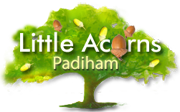
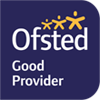 We hope that our blog post today and all those in our Journal area are useful for parents. We publish every month, so please bookmark the Journal page and visit regularly to see more.
We hope that our blog post today and all those in our Journal area are useful for parents. We publish every month, so please bookmark the Journal page and visit regularly to see more.
Little Acorns is a high-quality nursery in Padiham and is rated as a Good Provider by Ofsted. We offer a first-class childcare service for babies, toddlers, and under-fives on weekdays throughout the year. It’s a lovely, warm, caring environment where every child feels valued, loved, well cared for and nurtured. At Little Acorns, we bring out the best in every child so they are ready to thrive as they approach school age.
Contact us today to explore the possibility of your child attending Little Acorns Nursery, Padiham:
Based in Padiham, near Burnley, Little Acorns Nursery may also suit other Lancashire families in nearby towns and villages like Hapton, Rose Grove, Altham, Huncoat, Read, Simonstone, Sabden, Higham and Wood End.
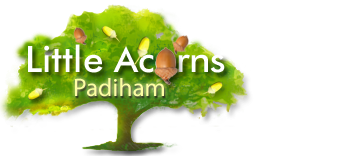
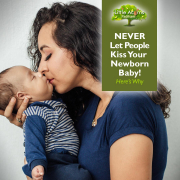
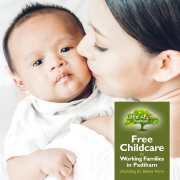
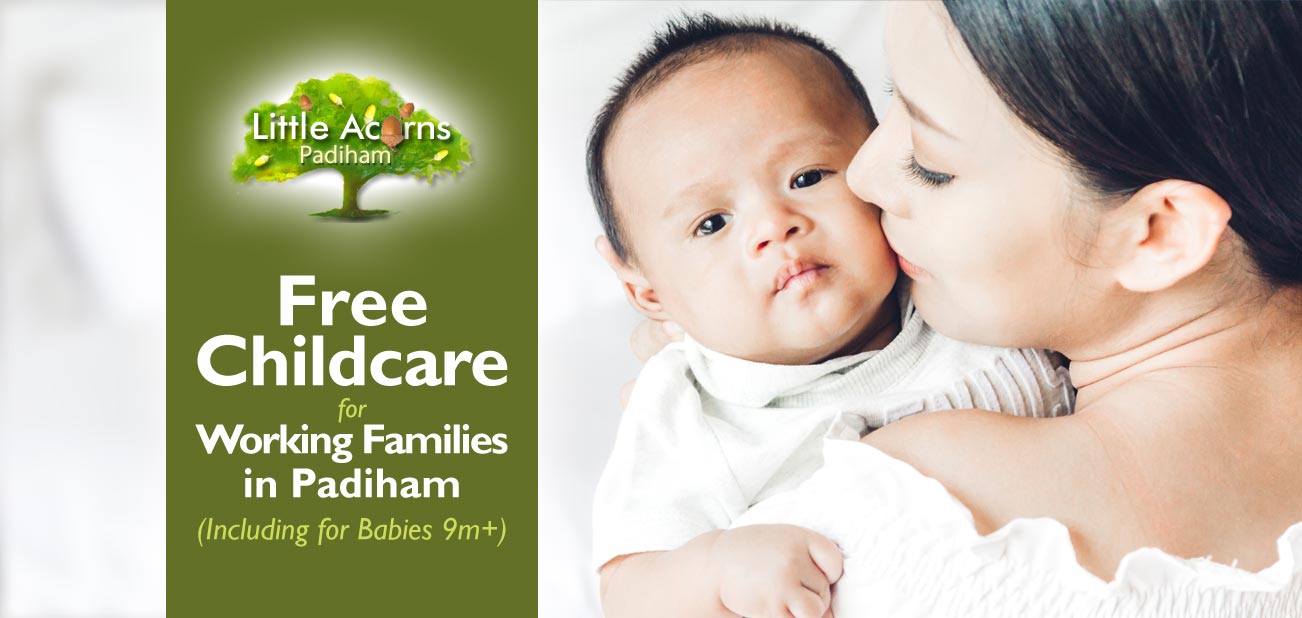
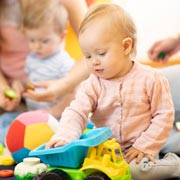 Today, we remind Padiham families that Little Acorns Nursery supports the new — free — childcare scheme for eligible children including babies as young as just 9 months of age. Although it’s available only to eligible working families, the bar to entry is fairly low. The childcare funding is therefore attainable for many families. This free childcare is not just limited to babies either and, what’s more, it’s due to become even more generous from September 2025. In our guide below we’ll outline who is eligible, how much childcare funding they can access, how many childcare hours that equates to, and what the eligibility criteria are. If you’re the parent of a baby, toddler, or child up to three years old, this is for you.
Today, we remind Padiham families that Little Acorns Nursery supports the new — free — childcare scheme for eligible children including babies as young as just 9 months of age. Although it’s available only to eligible working families, the bar to entry is fairly low. The childcare funding is therefore attainable for many families. This free childcare is not just limited to babies either and, what’s more, it’s due to become even more generous from September 2025. In our guide below we’ll outline who is eligible, how much childcare funding they can access, how many childcare hours that equates to, and what the eligibility criteria are. If you’re the parent of a baby, toddler, or child up to three years old, this is for you.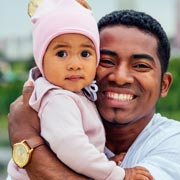 For those working families who are eligible, the scheme provides 570 hours per year of free childcare to children aged from 9 months to 3 years. This is normally taken as 15 hours per week for 38 weeks, usually aligning with the standard educational term-time weeks for school timetables. That said, it may be possible to stretch the hours over more weeks of the year if your childcare provider is able to accommodate such flexibility.
For those working families who are eligible, the scheme provides 570 hours per year of free childcare to children aged from 9 months to 3 years. This is normally taken as 15 hours per week for 38 weeks, usually aligning with the standard educational term-time weeks for school timetables. That said, it may be possible to stretch the hours over more weeks of the year if your childcare provider is able to accommodate such flexibility. We’ll try to simplify the eligibility criteria for you. Whether it’s for a baby aged 9 months, a toddler of 1 or 2, or a child aged 3 or 4, there are essentially four main criteria for this specific type of childcare funding:
We’ll try to simplify the eligibility criteria for you. Whether it’s for a baby aged 9 months, a toddler of 1 or 2, or a child aged 3 or 4, there are essentially four main criteria for this specific type of childcare funding: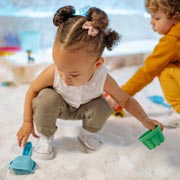 Well, it’s good news. It’s already the case that all 3 and 4-year-olds living in England are eligible to receive 570 hours (15 per week) of free childcare anyway. That’s available under what’s known as ‘Universal Entitlement’, a Government childcare funding scheme that’s been around for some time. What’s more, those working families that are eligible for the ‘new’ free childcare for children aged 9 months to 3 years are also likely to be eligible for a top-up of their child’s Universal Entitlement once they reach the ages of 3 and 4. In those cases, they’ll be entitled to 30 hours per week over 38 weeks (or however the 1140 free hours are spread out). That’s because the eligibility criteria are the same (see section above).
Well, it’s good news. It’s already the case that all 3 and 4-year-olds living in England are eligible to receive 570 hours (15 per week) of free childcare anyway. That’s available under what’s known as ‘Universal Entitlement’, a Government childcare funding scheme that’s been around for some time. What’s more, those working families that are eligible for the ‘new’ free childcare for children aged 9 months to 3 years are also likely to be eligible for a top-up of their child’s Universal Entitlement once they reach the ages of 3 and 4. In those cases, they’ll be entitled to 30 hours per week over 38 weeks (or however the 1140 free hours are spread out). That’s because the eligibility criteria are the same (see section above).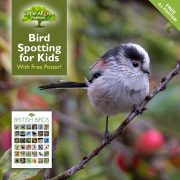
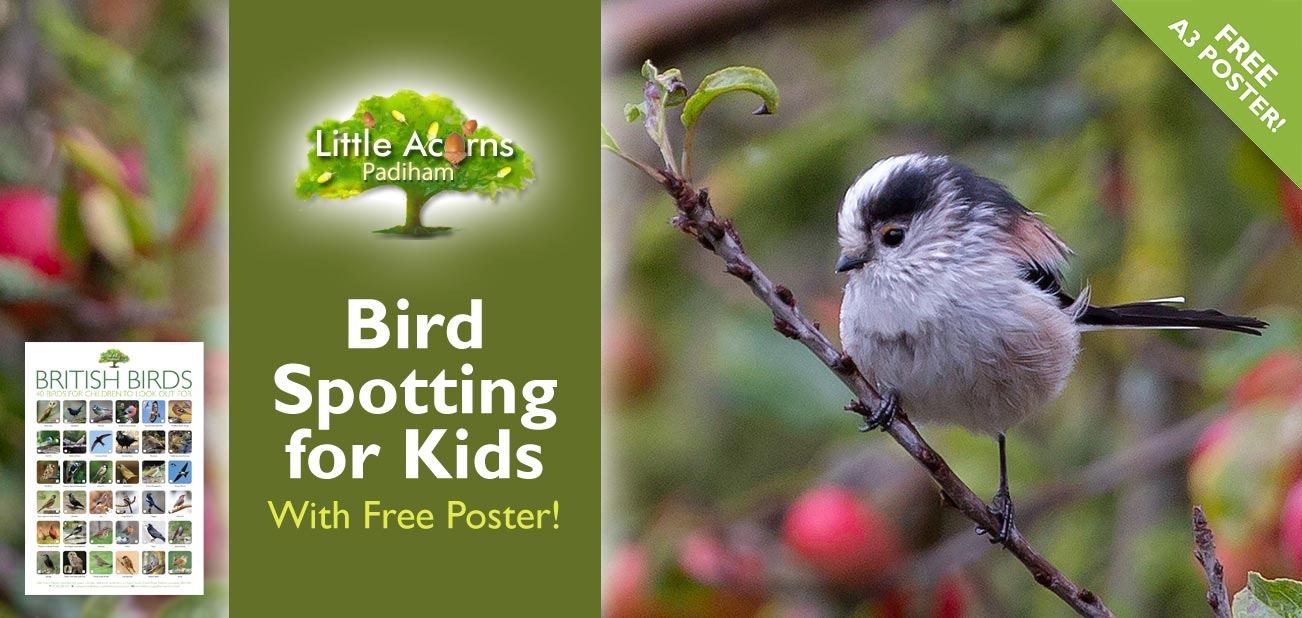
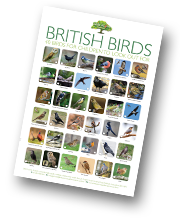 Today’s bird spotting activity for kids continues our series of nature-themed posts that each come with a free reference poster for families to download. Featuring 40 British birds, the activity and the poster represent a great opportunity to get children of all ages outdoors, closer to nature. As many of us know,
Today’s bird spotting activity for kids continues our series of nature-themed posts that each come with a free reference poster for families to download. Featuring 40 British birds, the activity and the poster represent a great opportunity to get children of all ages outdoors, closer to nature. As many of us know, 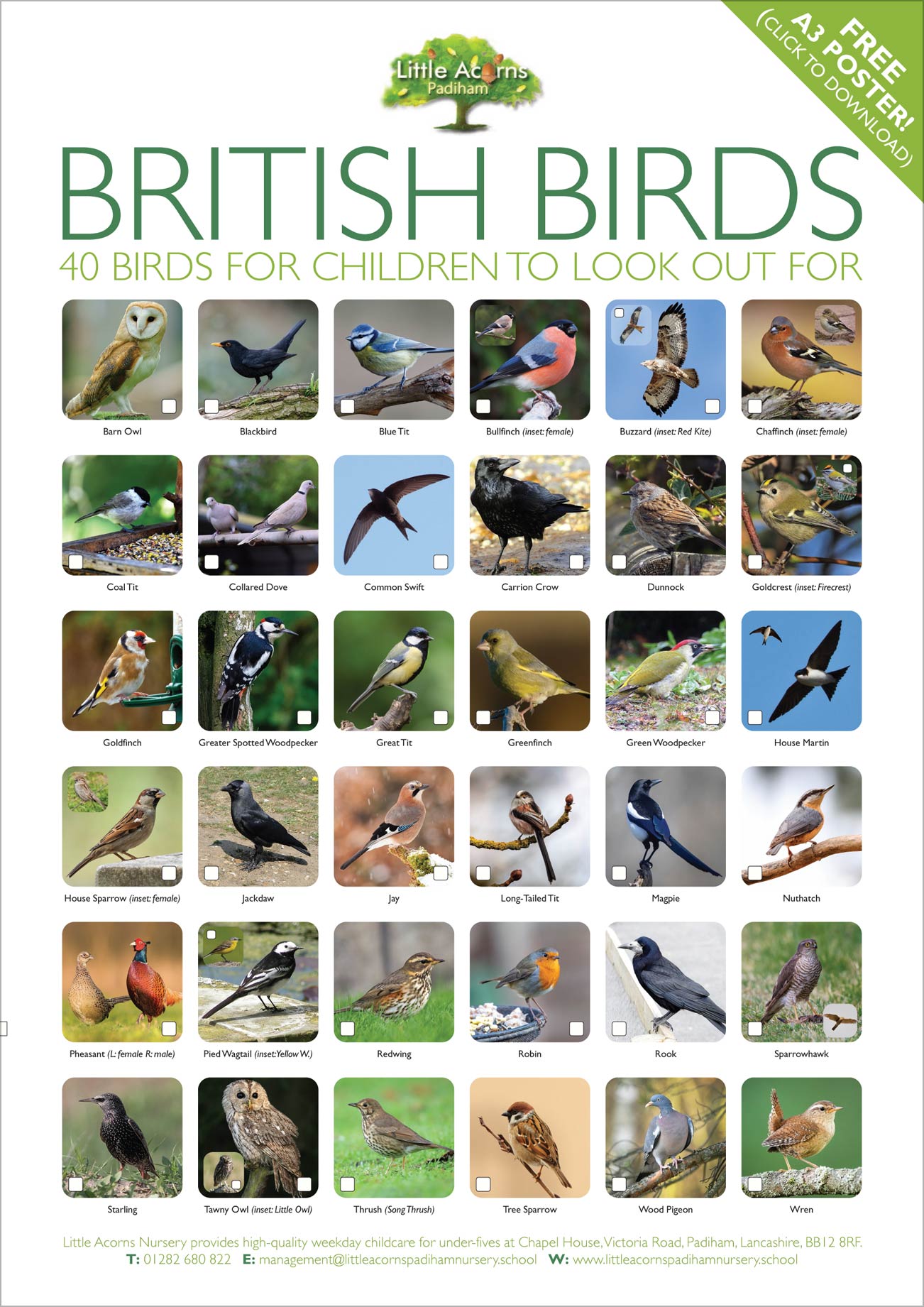
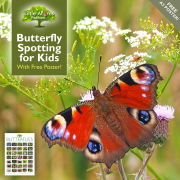
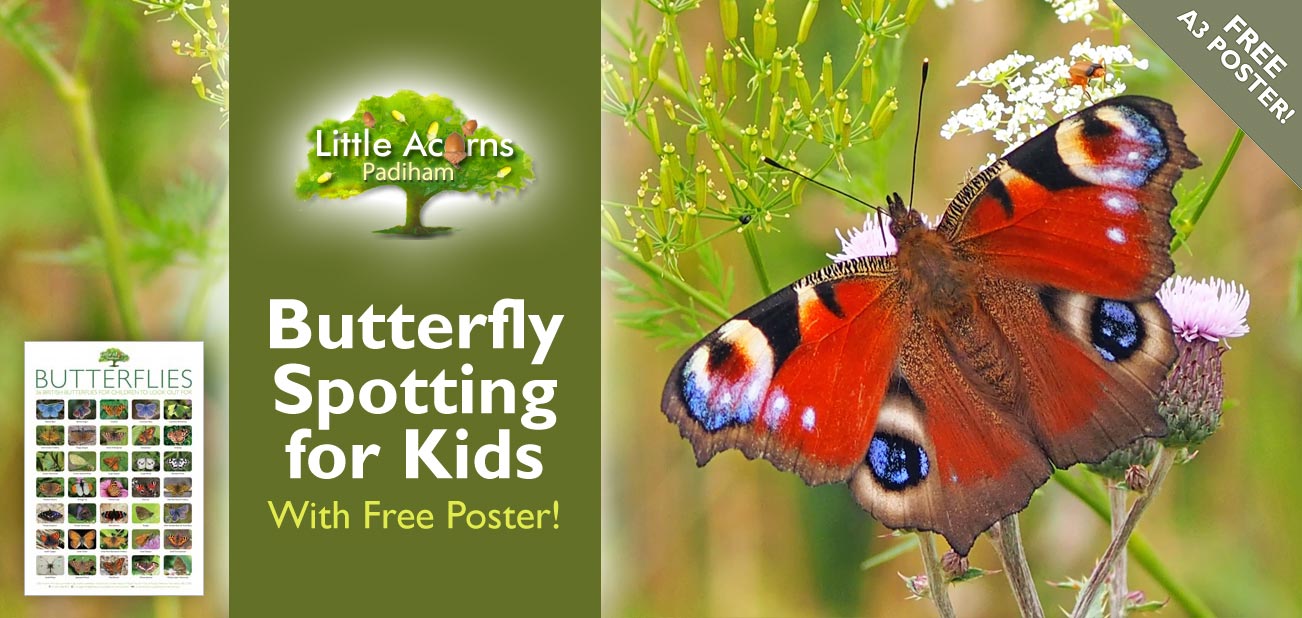
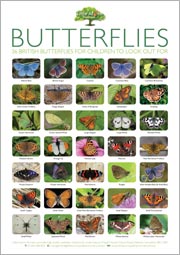 At the time of writing, it’s peak butterfly-spotting time — more adult butterflies can be seen in late July and early August than at any other time in the year. That makes it the perfect time for children to get out in nature to spot these charming creatures. Doing so is fun, educational and also beneficial in so many ways – we’ll explain more about that later.
At the time of writing, it’s peak butterfly-spotting time — more adult butterflies can be seen in late July and early August than at any other time in the year. That makes it the perfect time for children to get out in nature to spot these charming creatures. Doing so is fun, educational and also beneficial in so many ways – we’ll explain more about that later.